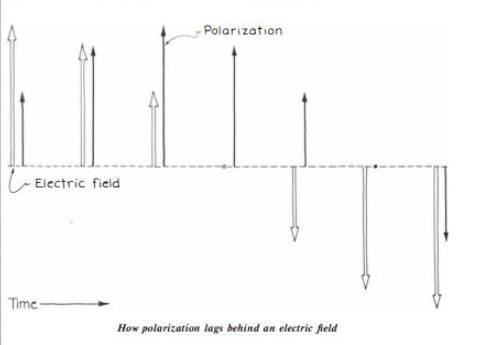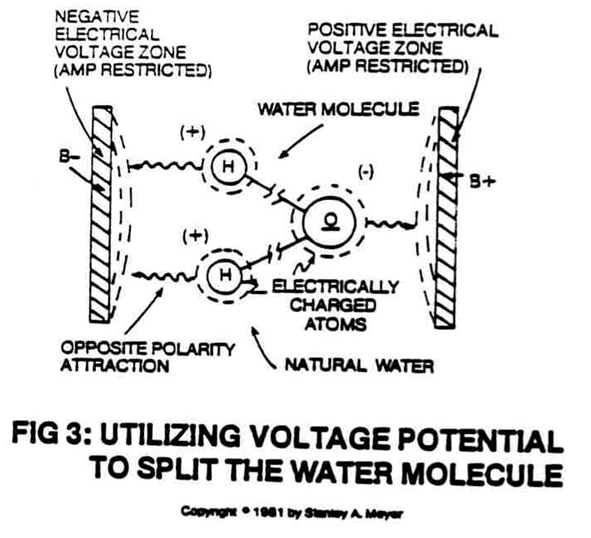Pulse Period Manipulation and Polarization
A capacitor is a device that stores electric charge. It consists of two conducting plates separated by an insulating material, also known as a dielectric. The capacitance of a capacitor depends on the surface area of the plates, the distance between them, and the properties of the dielectric. A water capacitor is a type of capacitor where the dielectric is water.
One of the interesting properties of water is that it can be polarized by an electric field. This means that when an electric field is applied to water, the water molecules align themselves with the field, creating a dipole moment. The degree of polarization depends on the strength of the electric field and the properties of the water.
Pulse period manipulation is a technique where electrical pulses are applied to a water capacitor at specific time intervals. The pulse period refers to the time interval between the application of successive pulses. By manipulating the pulse period, researchers can control the polarization of the water in the capacitor.
Recent research has shown that pulse period manipulation can significantly increase the energy density of water capacitors. Energy density is a measure of the amount of energy stored per unit volume or mass. By controlling the polarization of the water, researchers can increase the energy density of the capacitor, making it a more efficient energy storage device.
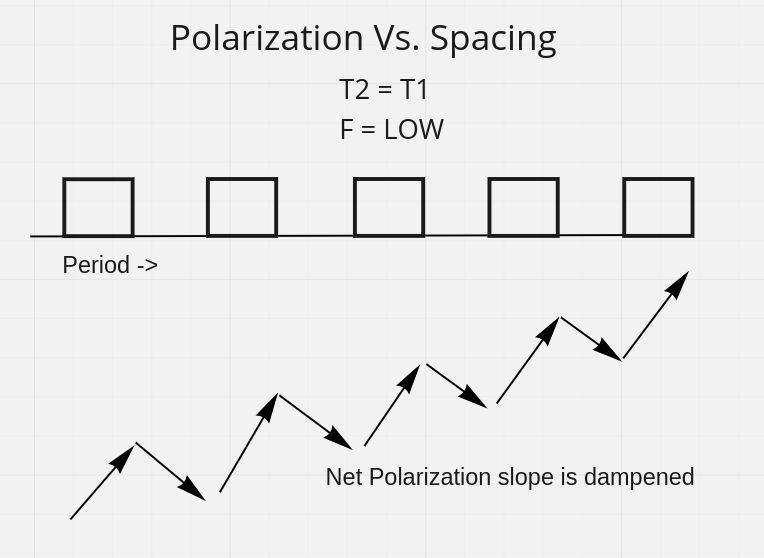 |
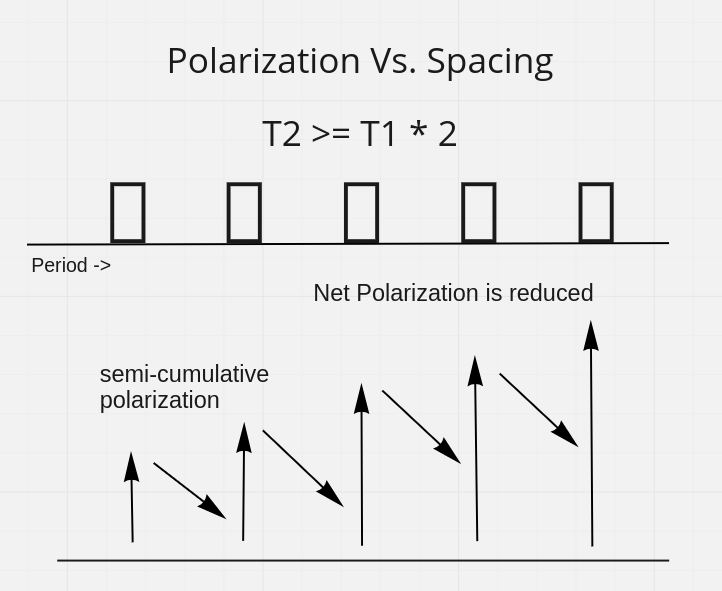 |
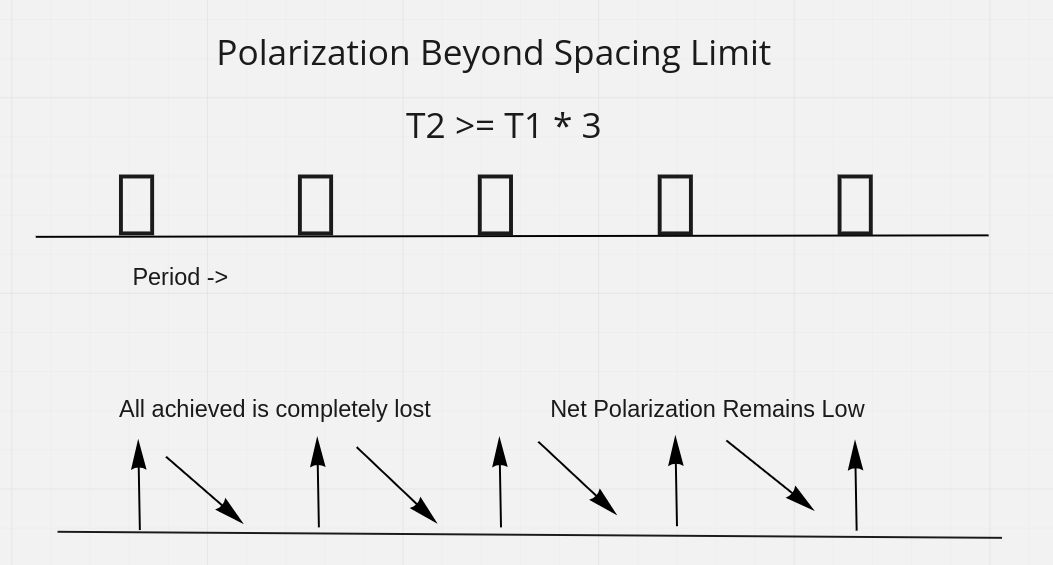 |
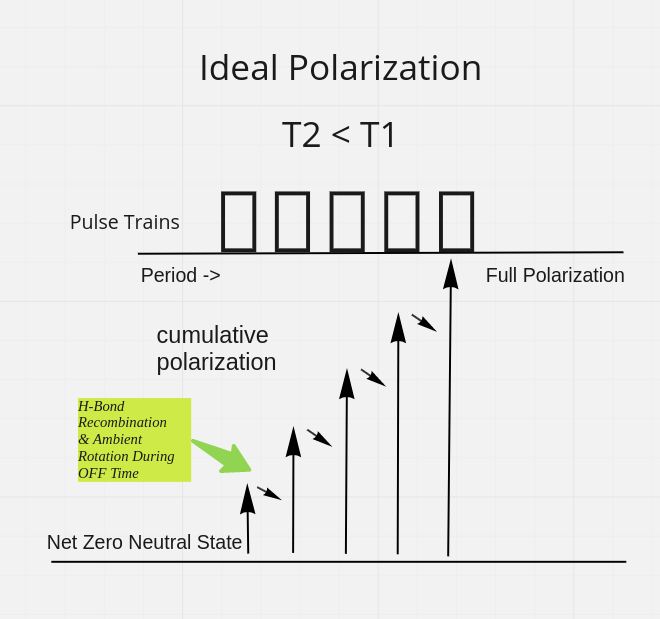 |
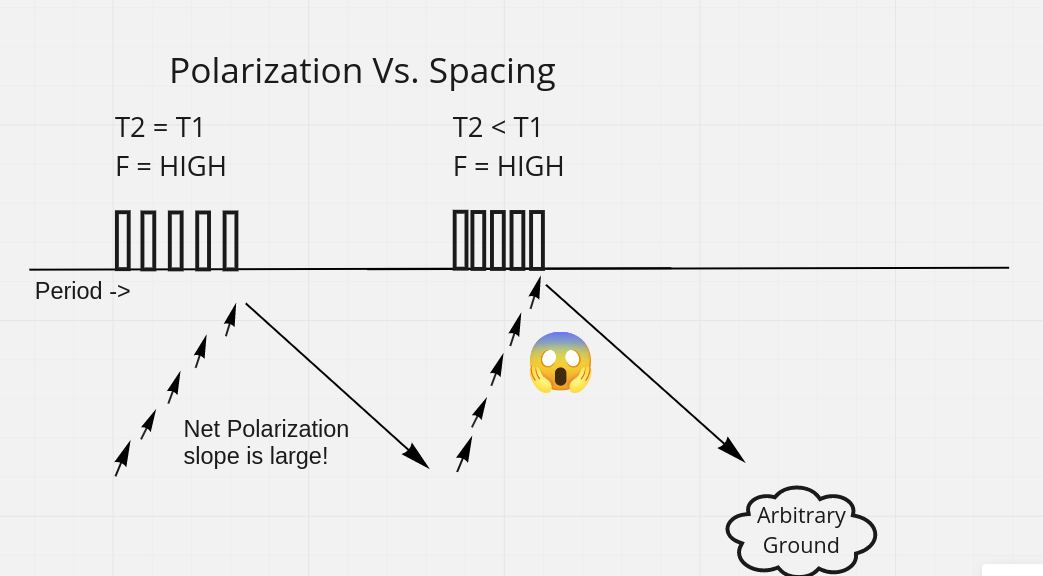 |
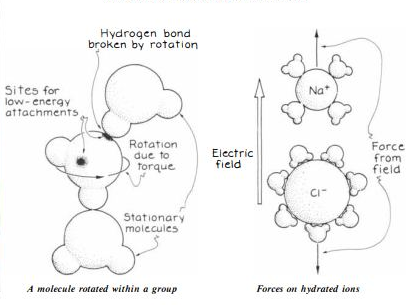 |
In addition to pulse period manipulation, researchers are also studying the effects of electrode materials on the polarization of water capacitors. The choice of electrode material can have a significant impact on the performance of the capacitor. For example, research has shown that using carbon-based electrodes can enhance the polarization of water, leading to higher energy densities.
Water capacitors have several advantages over traditional energy storage devices, such as batteries. They are non-toxic, non-flammable, and have a longer lifespan. In addition, they can store large amounts of energy and can be charged and discharged quickly.

